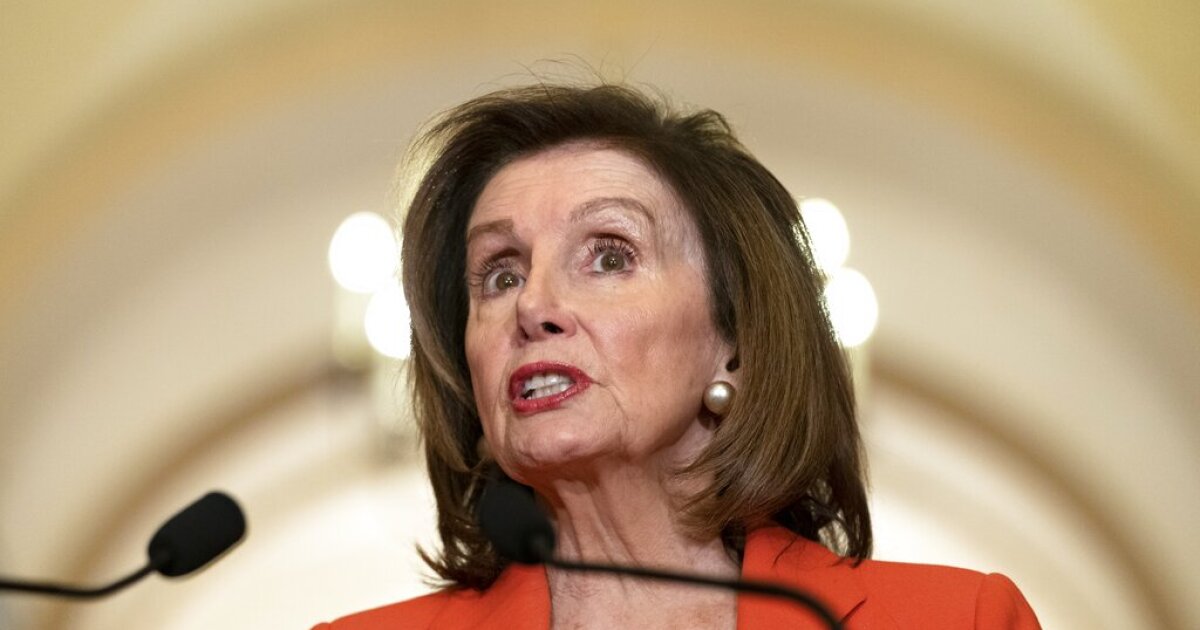

House Speaker Nancy Pelosi (D-CA) announced plans to raise the minimum salary for staff in the lower chamber to $45,000 a year on Friday, a move that would provide a sharp boost for a sizable number of junior aides.
Under current policy, there is no minimum for staffers’ salaries, with some making as little as $30,000 a year. The change comes as the lower chamber is slated to take up legislation allowing congressional staff to unionize next week.
Pelosi also noted that the House had already taken action to raise the maximum salary cap to $199,300 over the summer, with that number expected to now increase to $203,700.
“I am writing to announce two important new reforms to strengthen workplace rights for our staff, while improving our ability to retain and recruit the next generation of public servants. First: the House will vote next week on Congressman Andy Levin’s resolution recognizing Congressional workers’ right to organize. When the House passes this resolution, we will pave the way for staffers to join in union, if they so choose,” she wrote.
BIDEN ROLLS OUT $3 BILLION PLAN TO END U.S. RELIANCE ON CHINA FOR LITHIUM BATTERIES
“Second: I am pleased to announce that, pursuant to the statutory authority of the Speaker in 2 U.S.C. 4532, the House will for the first time ever set the minimum annual pay for staff at $45,000,” she continued. “The deadline to implement this new Pay Order is September 1, 2022, and additional guidance is forthcoming.”
Pelosi argued that the change would help members recruit and retain better talent, noting that offices have seen a 21% increase in their Members’ Representational Allowance.
CLICK HERE TO READ MORE FROM THE WASHINGTON EXAMINER
“Doing so will open the doors to public service for those who may not have been able to afford to do so in the past. This is also an issue of fairness, as many of the youngest staffers working the longest hours often earn the lowest salaries,” she said.
“[I]t is highly encouraged that Members use this MRA increase to honor the committed work of your staff members,” Pelosi added.
The push for unionization among Democratic staffers was amplified after an anonymous Instagram account with the handle “dear_white_staffers” highlighted aides’ stories of mistreatment and salary ranges from an array of offices.
Critics of unionization argue it could have unintended negative consequences for Congress.
“The uniqueness of this institution requires flexibility; it requires each individual office to meet the unique needs of its constituency. It’s not just state by state, it’s district by district,” Rep. Barry Loudermilk (R-GA) said at a hearing in March.







